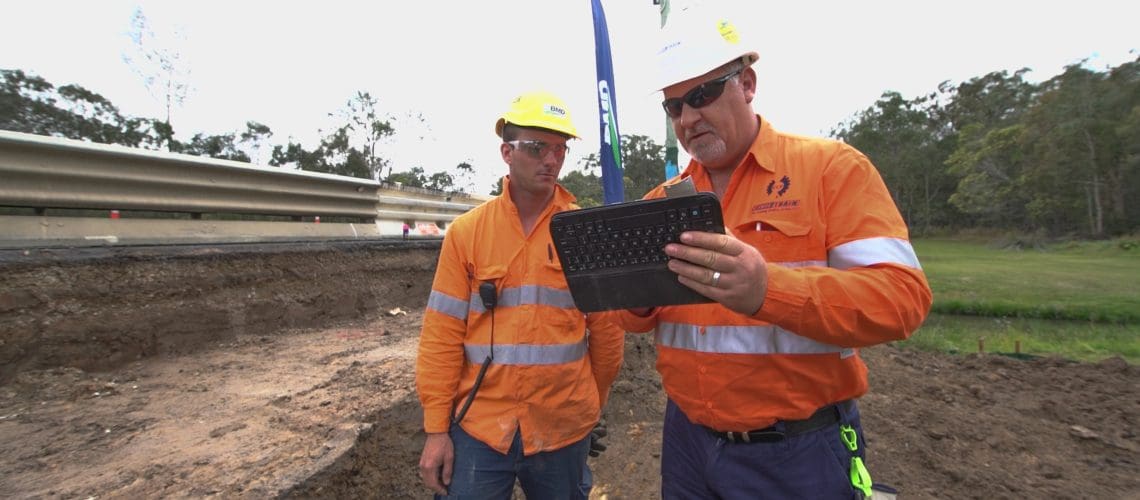


Our Location
11 Hi Tech Court, Eight Mile Plains, QLD 4113



Call Us
1300 223 753



Operating Hours
Mon-Fri: 7:00-16:00



Our Location
11 Hi Tech Court, Eight Mile Plains, QLD 4113



Call Us
1300 223 753



Operating Hours
Mon-Fri: 7:00-16:00

The occupation of a Site Supervisor in Queensland’s civil construction industry is crucial for overseeing the daily operations of construction projects. Site Supervisors ensure that projects are completed on time, within budget, and to the required quality standards. They play a key role in coordinating and managing construction activities, personnel, and resources.
Site Supervisors typically work full-time and may be required to work extra hours or weekends to meet project deadlines. The job involves both on-site work and administrative duties, often requiring the supervisor to be outdoors in various weather conditions and environments.
Many Site Supervisors begin their careers in entry-level construction roles, gradually advancing with experience and additional training. This position can lead to higher management roles, such as Project Manager or Construction Manager, providing significant opportunities for career advancement within the industry.
Overall, a Site Supervisor in Queensland’s civil construction sector holds a pivotal position with responsibilities that require a mix of technical knowledge, managerial skills, and practical experience. This role is both challenging and rewarding, with a direct impact on the success of construction projects.
The salary range for a Site Supervisor in Queensland’s civil construction industry can vary significantly based on factors such as the level of experience, the size and scope of the projects they manage, and the specific employer. Generally, entry-level Site Supervisors can expect to start with an annual salary of around $120,000 to $140,000.
Experienced Site Supervisors, especially those who have a proven track record of managing large-scale projects efficiently and effectively, can earn between $140,000 and $180,000 per year. In cases where Site Supervisors take on additional responsibilities or work for larger construction firms, salaries can exceed this range, particularly in metropolitan areas or for specialised construction projects.
These figures are indicative and subject to fluctuations based on the economic climate, the demand within the construction industry, and regional differences. Salaries are also influenced by the individual’s qualifications, certifications, and the specific demands of their role within the company.